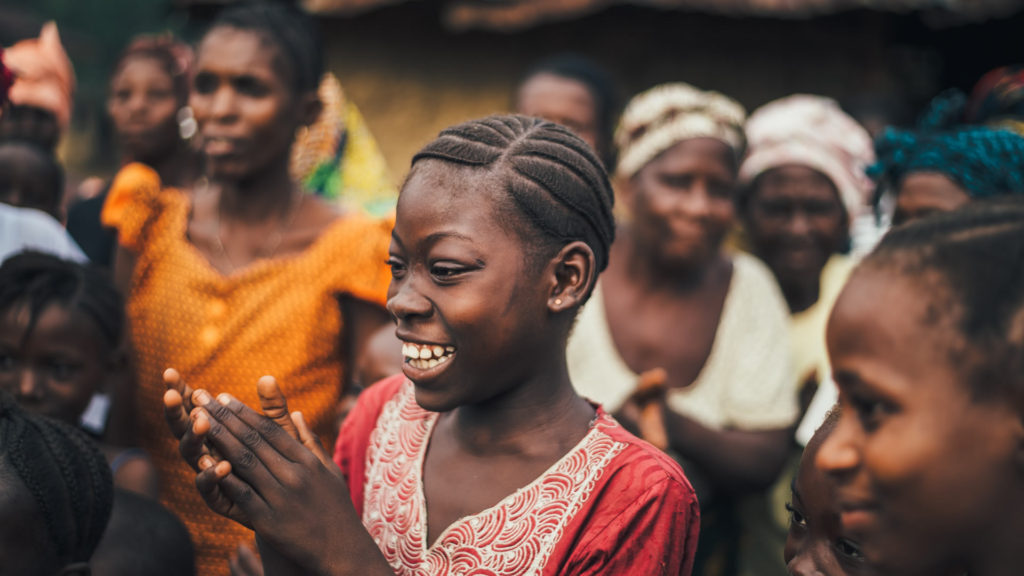Gender-based violence (GBV) is a pervasive issue that affects countless women and girls in African communities. Beyond the immediate physical and emotional harm, GBV can have long-lasting effects on survivors, hindering their empowerment and overall well-being. This article sheds light on the crucial work of empowering women and girls after experiencing gender-based violence in Africa, highlighting the importance of support, rehabilitation, and advocacy to help them rebuild their lives and become agents of change.

Understanding the Impact of Gender-Based Violence:
Gender-based violence encompasses a range of harmful acts, including domestic violence, sexual assault, child marriage, and female genital mutilation. These forms of violence not only violate human rights but also undermine the social, economic, and psychological well-being of survivors. The trauma experienced by women and girls can result in low self-esteem, limited educational and economic opportunities, and an increased risk of further victimization.
Providing Comprehensive Support Services:
Empowering survivors of gender-based violence requires a comprehensive and holistic approach. This includes providing access to safe shelters, medical care, counseling services, and legal support. It is crucial to establish specialized centers and hotlines where survivors can seek help and receive the support they need to heal and rebuild their lives.
Rehabilitation and Psycho-Social Support:
Recovering from the trauma of gender-based violence requires specialized rehabilitation programs. Psycho-social support, including counseling and therapy, plays a crucial role in helping survivors overcome the psychological and emotional scars. These programs should focus on building resilience, self-confidence, and providing tools to cope with the trauma, enabling survivors to regain control of their lives.
Education and Economic Empowerment:
Education and economic empowerment are key factors in the long-term empowerment of women and girls who have experienced gender-based violence. Ensuring access to quality education allows survivors to develop skills, gain knowledge, and expand their opportunities for employment and financial independence. Additionally, vocational training, entrepreneurship initiatives, and microfinance programs can equip survivors with the necessary tools to rebuild their lives and create sustainable livelihoods.
Advocacy and Social Change:
Empowering survivors of gender-based violence also involves challenging societal norms, attitudes, and behaviors that perpetuate violence against women and girls. Advocacy efforts should aim to raise awareness, educate communities, and engage key stakeholders, including government, civil society, and religious leaders. It is essential to create a culture of zero tolerance for GBV and promote gender equality through policy reforms, comprehensive legislation, and the enforcement of existing laws.
Supporting Survivor-Led Initiatives:
Survivor-led initiatives are crucial in empowering women and girls after gender-based violence. These initiatives provide a platform for survivors to share their experiences, support one another, and become agents of change within their communities. By amplifying their voices and experiences, survivor-led organizations contribute to destigmatizing GBV and shaping policies that address the needs of survivors.
Conclusion: Empowering women and girls after experiencing gender-based violence is a critical step towards breaking the cycle of abuse and fostering a society that respects and upholds their rights. By providing comprehensive support services, rehabilitation programs, education, economic opportunities, and advocating for social change, we can help survivors heal, rebuild their lives, and become powerful agents of transformation. It is our collective responsibility to stand against gender-based violence, support survivors, and work towards a future where all women and girls can thrive in safety, dignity, and equality.